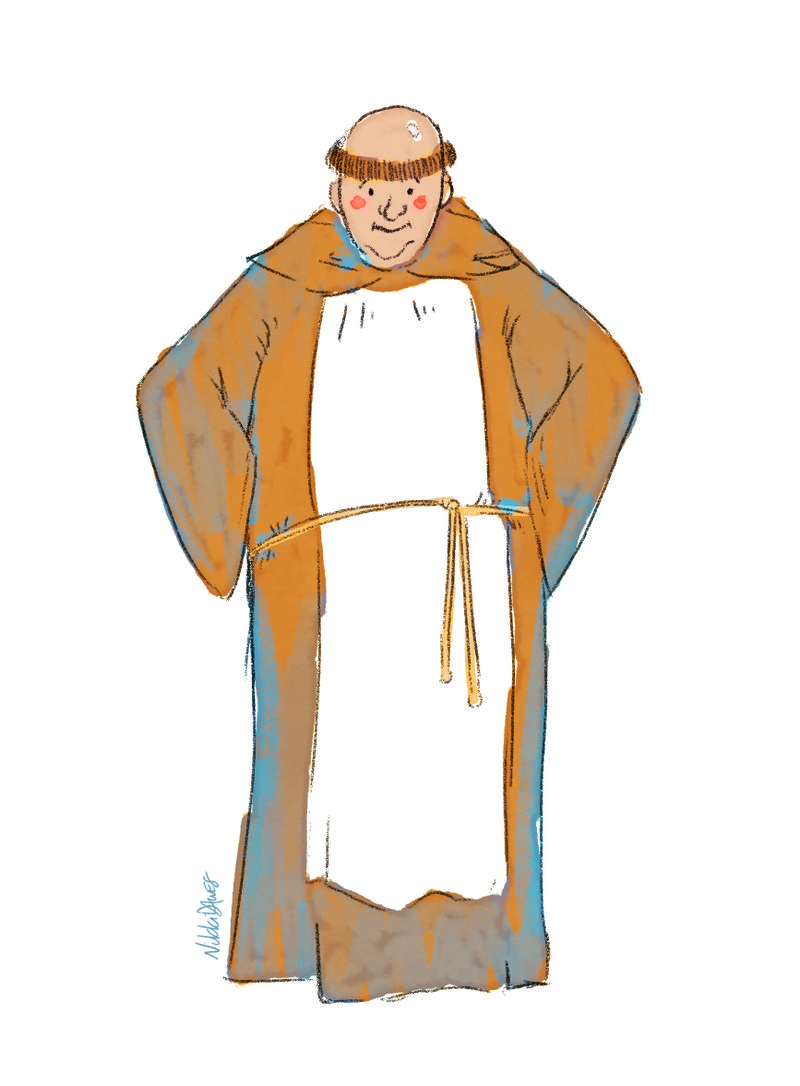A few readers have asked me to explain the difference between adjectives and adverbs.
An adjective is a word that describes a thing, a person, a concept.
The red dress was calling me. ("Red" describes dress.)
Andrew is humorous. ("Humorous" describes Andrew.)
The moldy cheese didn't look good. ("Moldy" and the lack of goodness describe cheese.)
Adverbs are words that describe the way in which things are or are done. They describe actions or adjectives. An adverb's purpose is often to answer the question of how.
This cake is extremely gooey. ("Gooey" is the adjective describing cake, but the adverb "extremely" describes how gooey it is.)
The baby arrived quickly. (How did the baby arrive? Quickly.)
Aiden is unintentionally humorous. ("Humorous" describes Aiden. Unintentionally modifies humorous. Poor Aiden.)
Adverbs often, but don't always, end in the letters "ly."
Many times, people will use an adjective when they should use an adverb.
Wrong: The doorbell is ringing. Answer it quick.
Right: The doorbell is ringing. Answer it quickly. (The adverb "quickly" describes how you should answer it.)
ONE-TRICK PONIES
Some words seem to have oddly limited purposes. You likely will see them about as often as you see a designated hitter on a National League baseball team.
One such word is "akimbo." When you stand with your hands on your waist and your elbows bent out, you are standing akimbo. That is incredibly specific.
A tonsure is the kind of haircut in which the top circle of the head is shaved, but a ring of hair remains. Monks have tonsures. Robin Hood's friend Friar Tuck had one.
I've heard of bobs, bouffants, crew cuts, pompadours and mullets, but none was specific to a profession or calling.
Wouldn't it be bizarre if all senators or firefighters or electricians had to have the same haircuts?
MYSTIFYING WORDS
Here are a few more in the series of words for which I often get the definition or phrasing wrong. I also threw in one or two that others get wrong.
Raconteur This is a storyteller. The word comes from French roots meaning "to tell." I always think it means a rake, a rascal or a rogue.
Laconic This is an adjective for a person who speaks tersely, so tersely that you notice. Some people think "laconic" means lethargic.
Cardsharp. This is a person who cheats at cards. Many people mistakenly say "card shark."
Height. At times, people say heighth, with an extra "h" tacked on. I think this is because you often associate height with the length, width and depth. But get the "h" out of there for height.
Sources: Purdue University, Merriam-Webster, DmitryBrant.com, Grammarist.com
Reach Bernadette at
bkwordmonger@gmail.com
ActiveStyle on 05/08/2017
